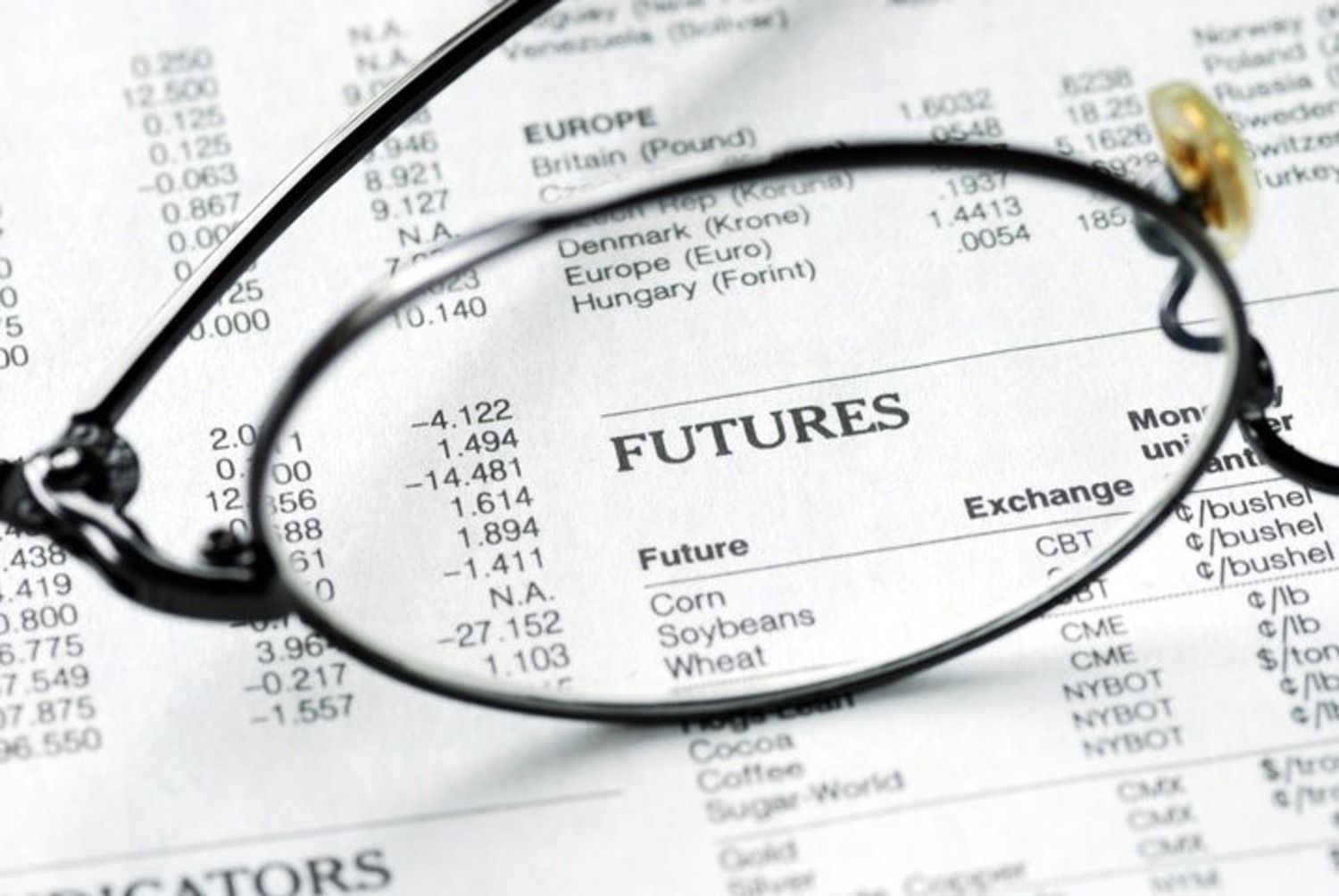Futures trading is a cornerstone of modern financial markets, offering investors and businesses a versatile tool for managing risk and speculating on price movements of various assets. This comprehensive guide explores the fundamentals of futures, their applications, and the intricacies of futures trading.
What Are Futures?
Futures are standardized financial contracts obligating the buyer to purchase, or the seller to sell, an asset at a predetermined future date and price. These contracts are traded on futures exchanges and can involve a variety of assets, including commodities, currencies, indices, and financial instruments.
Key Features of Futures:
- Standardization: Futures contracts have standardized terms, including the quantity of the underlying asset, delivery dates, and settlement procedures.
- Leverage: Traders can control large positions with a relatively small amount of capital, as futures typically require only a margin deposit.
- Liquidity: Major futures markets are highly liquid, allowing traders to enter and exit positions with ease.
- Hedging and Speculation: Futures are used both for hedging risk and for speculative purposes.
How Futures Trading Works
Futures trading involves buying and selling futures contracts in a regulated marketplace. The process is facilitated by brokers and involves several key steps:
- Opening an Account: Traders must open a brokerage account with a futures broker who provides access to the futures markets.
- Placing Orders: Traders place orders to buy or sell futures contracts based on their market analysis and trading strategies.
- Margin Requirements: Traders must maintain a minimum margin level in their accounts to cover potential losses.
- Mark-to-Market: Futures positions are marked to market daily, meaning gains and losses are calculated based on the closing prices of the contracts.
- Closing or Rolling Over Positions: Traders can close their positions before the contract expiration or roll them over to a future date.
Types of Futures Contracts
Commodity Futures:
- Agricultural Products: Corn, wheat, soybeans, and livestock.
- Energy Products: Crude oil, natural gas, and gasoline.
- Metals: Gold, silver, copper, and platinum.
Financial Futures:
- Currency Futures: Contracts based on exchange rates of major currencies like the USD, EUR, and JPY.
- Interest Rate Futures: Tied to government bonds and interest rates, such as U.S. Treasury bonds.
- Stock Index Futures: Based on major stock indices like the S&P 500, NASDAQ, and Dow Jones Industrial Average.
Benefits of Futures Trading
- Risk Management: Futures allow businesses to hedge against price fluctuations in commodities and financial assets, providing stability and predictability.
- Leverage: The use of margin enables traders to control larger positions with less capital, amplifying potential returns.
- Diversification: Futures provide access to a wide range of asset classes, enabling traders to diversify their portfolios.
- Price Discovery: Futures markets contribute to price discovery, reflecting supply and demand dynamics and providing transparent pricing information.
Risks and Challenges
- Leverage Risk: While leverage can amplify gains, it also magnifies losses, potentially leading to significant financial exposure.
- Market Volatility: Futures markets can be highly volatile, with prices subject to rapid and unpredictable changes.
- Complexity: Understanding futures contracts and developing effective trading strategies requires substantial knowledge and expertise.
- Regulatory Risk: Changes in regulations can impact futures markets and trading practices.
Key Players in Futures Markets
- Hedgers: Businesses and individuals using futures to protect against price changes in the underlying assets.
- Speculators: Traders aiming to profit from price movements by taking long or short positions in futures contracts.
- Arbitrageurs: Participants who exploit price differences between related markets or contracts to achieve risk-free profits.
- Market Makers: Firms or individuals providing liquidity by continuously offering to buy and sell futures contracts.
For a FREE E-Book on Day Trading Nasdaq Futures, please click here
Futures trading is a dynamic and multifaceted domain within the financial markets, offering numerous opportunities for risk management and speculative profits. By understanding the fundamentals of futures, market participants can effectively navigate this complex landscape, leveraging its benefits while mitigating associated risks. Whether used for hedging or speculation, futures remain a vital instrument in the toolkit of modern traders and investors.
To open an account with Cannon Trading Company, please click here.
Ready to start trading futures? Call US 1(800)454-9572 – Int’l (310)859-9572 email info@cannontrading.com and speak to one of our experienced, Series-3 licensed futures brokers and start your futures trading journey with E-Futures.com today.
Disclaimer – Trading Futures, Options on Futures, and retail off-exchange foreign currency transactions involves substantial risk of loss and is not suitable for all investors. Past performance is not indicative of future results. You should carefully consider whether trading is suitable for you in light of your circumstances, knowledge, and financial resources. You may lose all or more of your initial investment. Opinions, market data, and recommendations are subject to change at any time.
Important: Trading commodity futures and options involves a substantial risk of loss. The recommendations contained in this writing are of opinion only and do not guarantee any profits. This writing is for educational purposes. Past performances are not necessarily indicative of future results.
**This article has been generated with the help of AI Technology. It has been modified from the original draft for accuracy and compliance.
***@cannontrading on all socials.




